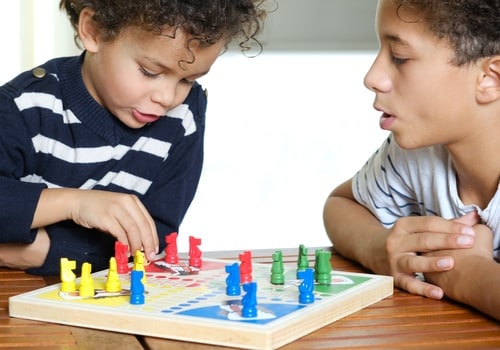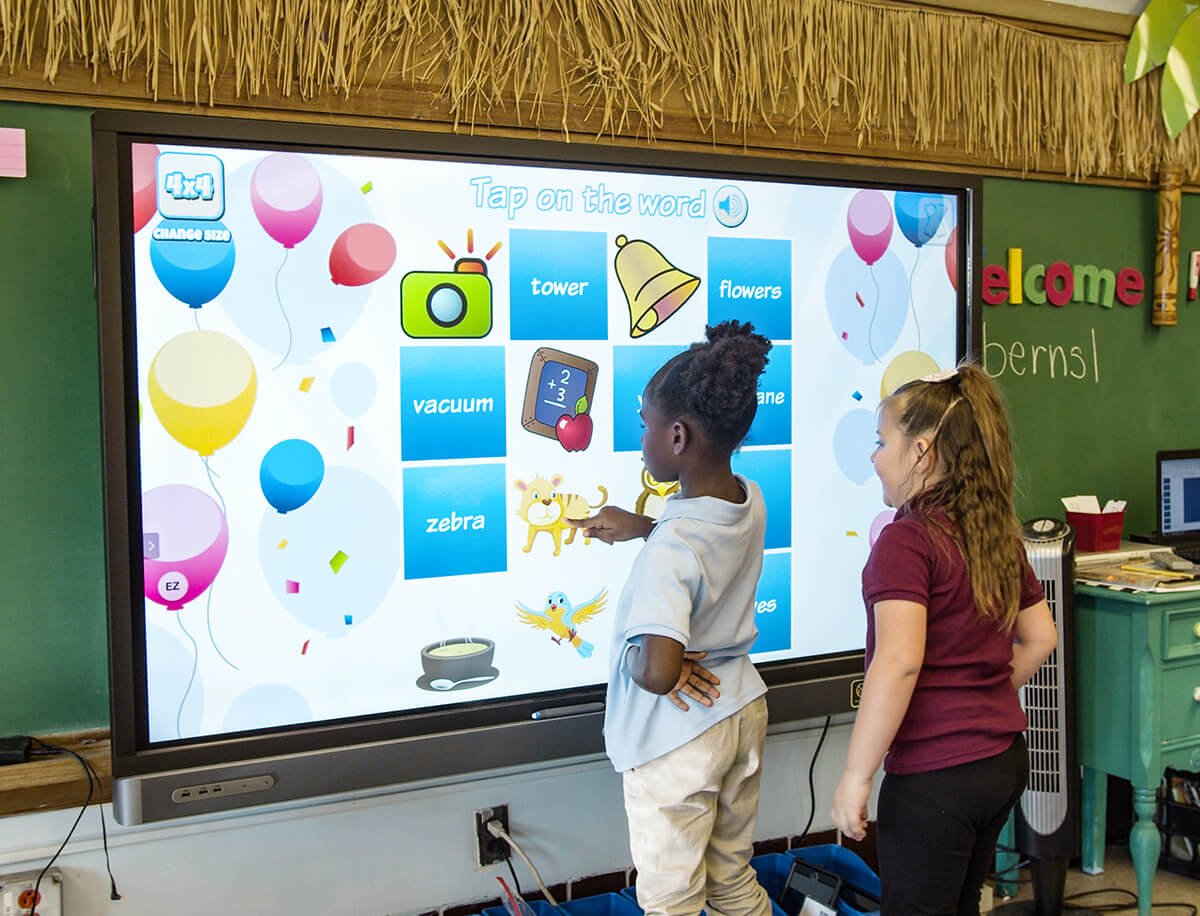Introduction: A Revolution in the World of Education
Games are no longer just a means of entertainment; they have become a powerful educational tool that is helping to change the way we acquire knowledge and skills. In our digital age, modern educational games are emerging as an innovative way to make the learning process more fun and interactive. In this article, we will explore the world of educational games, highlight how they contribute to the development of different skills, and review examples of successful games in this field.

How Do Games Change the Way We Learn?
Educational games are based on the principle of "Game-Based Learning," which integrates game elements such as challenges, rewards, and competition into the learning process. This approach contributes to:
•Increased Motivation and Engagement: Games make the learning process more fun and exciting, which encourages learners to participate more actively.
•Development of Cognitive Skills: Games help develop problem-solving, critical thinking, and decision-making skills.
•Enhanced Information Retention: Interaction and hands-on experience help to consolidate information in memory better than traditional methods.
•Providing a Safe Environment for Trial and Error: Games allow learners to try new concepts and make mistakes without fear of consequences, which enhances the learning process.

Examples of Successful Educational Games
There are many educational games that have achieved great success in various fields:
•Minecraft: Education Edition: An educational version of the famous Minecraft game, which allows teachers to use it to teach various subjects such as math, science, and history, by building virtual worlds and interactive experiences.
•Kerbal Space Program: A space simulation game that teaches players the principles of physics and engineering by designing, building, and launching rockets and spacecraft.
•Duolingo: A language learning app that uses game elements such as points, levels, and rewards to motivate users to continue learning.
•Scratch: A visual programming platform that allows children and beginners to learn the basics of programming by creating their own games and interactive stories.
Conclusion: The Future of Education is in Your Hands
In conclusion, modern educational games represent a real revolution in the world of education. They are not just a passing fad, but a powerful tool that can make learning more effective and fun for everyone. As technology continues to evolve, we can expect to see more innovative educational games that will help shape the future of education. Have you tried any of these games? Share your experience in the comments!

